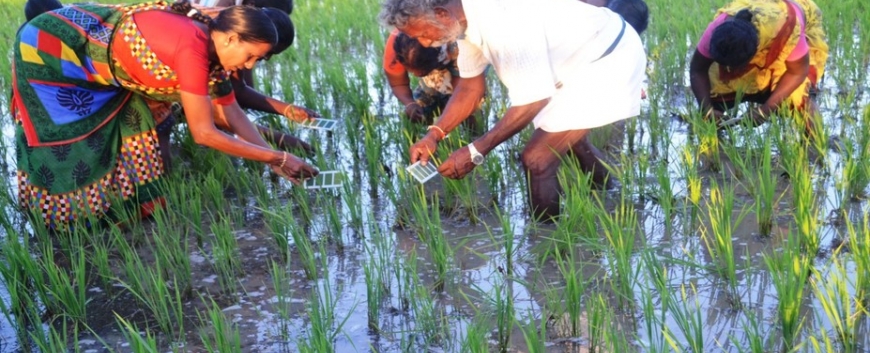Closing gender gaps is crucial for food and nutrition security
Empowering women is a key factor towards improving the agricultural productivity and adaptive capacity of smallholders in India.
Women on smallholder farms in developing countries face multiple constraints compared to their male counterparts, among other things, under paid farm work in addition to bearing the burden of care and reproductive roles within the family and community. They are in many cases deprived of land ownership, access to markets, key assets and inputs, and are frequently excluded from decision-making.
RESILIENCE project ongoing in Odisha and Assam states would like to make a difference and reduce the gender gaps. “Empowering women in agriculture is very important when it comes to improving climate change adaptation, food and nutrition security and rural development,” according to Dr. Udaya Sekhar Nagothu, Research Professor at NIBIO - the Norwegian Institute of Bioeconomy Research and RESILIENCE Project Coordinator.
“In Resilience, we ensure the active participation of women by adopting context-specific strategies based on gender analyses in the case study areas. To integrate both perspectives, women farmers are involved in the phase of testing and validation of the agricultural technologies that we are developing,” Nagothu says. MSSRF with its long experience working with women in rural areas will be taking this task forward in the project.
By implementing objectives promoting women empowerment, as well as ensuring gender equality, the hope is that the key recommendations from Resilience are taken on board by policy makers, as well as communities in the respective states. This includes strategies that promote gender equality in farmer producer organizations, extension and capacity building. Furthermore, women should be employed in agricultural leadership positions. Also important, is to create an enabling environment for women smallholders, i.e. develop and implement labour saving technologies and establish child care facilities.


